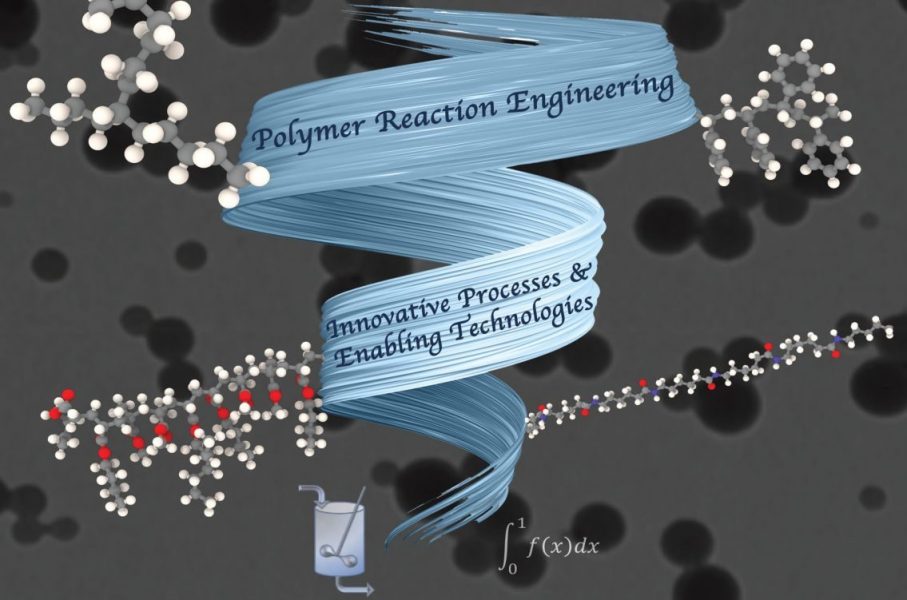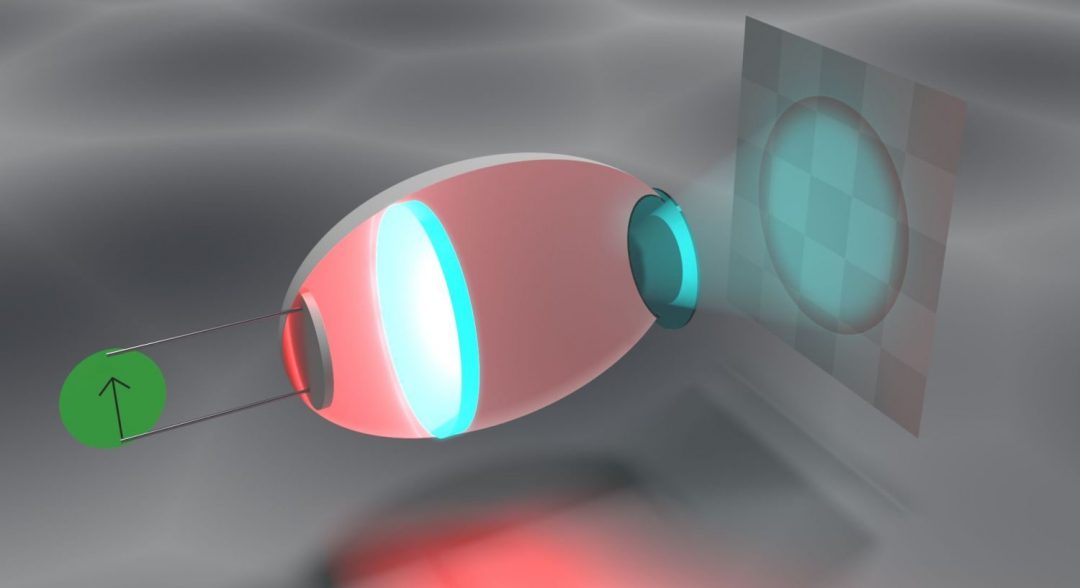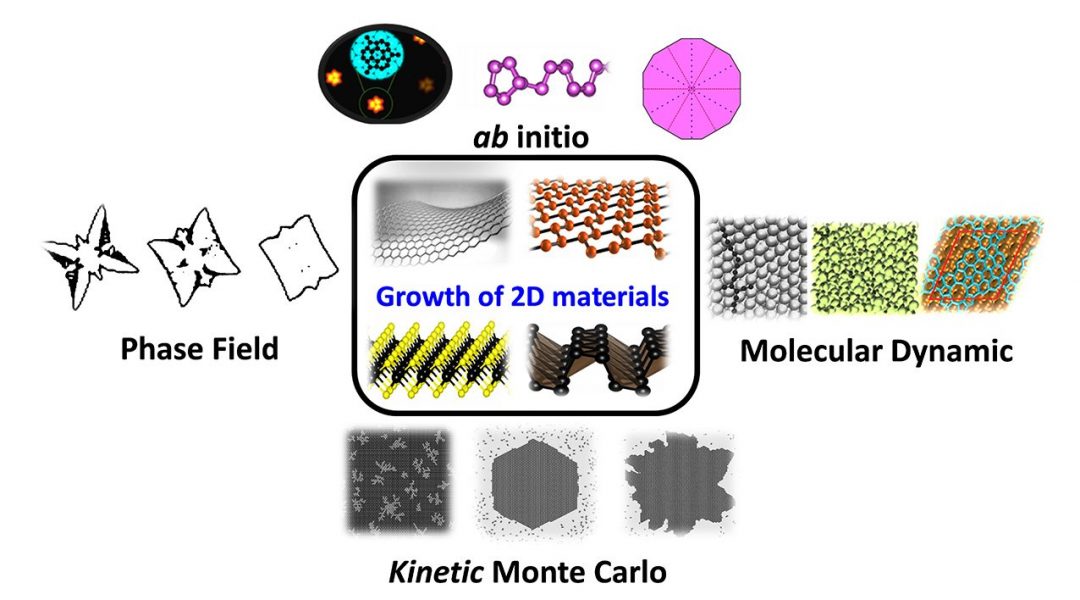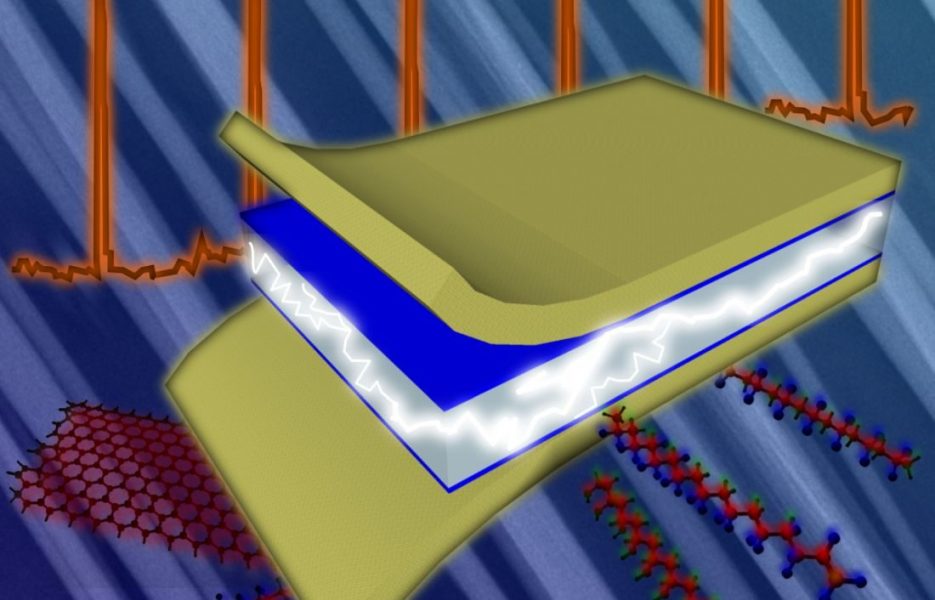A new study shows fundamental limitations to the computer-based simulation of chaotic systems with implications in climate change modeling, weather forecasts, and machine learning.



A new study shows fundamental limitations to the computer-based simulation of chaotic systems with implications in climate change modeling, weather forecasts, and machine learning.

Macromolecular Reaction Engineering presents recent progress in innovative processes and enabling technologies, guest edited by John Tsavalas and Kim McAuley

Computational materials design is shown to be essential for the discovery of new and novel materials of the future.

Two leading experts in the field have authored a new book on modeling and optimizing polymer production processes.

A leading expert in the field reviews academic and patent literature as well as present challenges.

New predictions for efficiently making blue lighting from red lighting.

Researchers from Singapore and China review the use of computational modeling for a better understanding of 2D materials.

Aachen Institute of Plastics Processing studies fiber-reinforced lightweight parts with a thermoset matrix.

The Journal of Applied Polymer Science presents work exclusively authored by its advisory board members.

Greek scientist honored by Royal DSM NV for major contributions made to the field of molecular and meso-scale modeling of polymers.